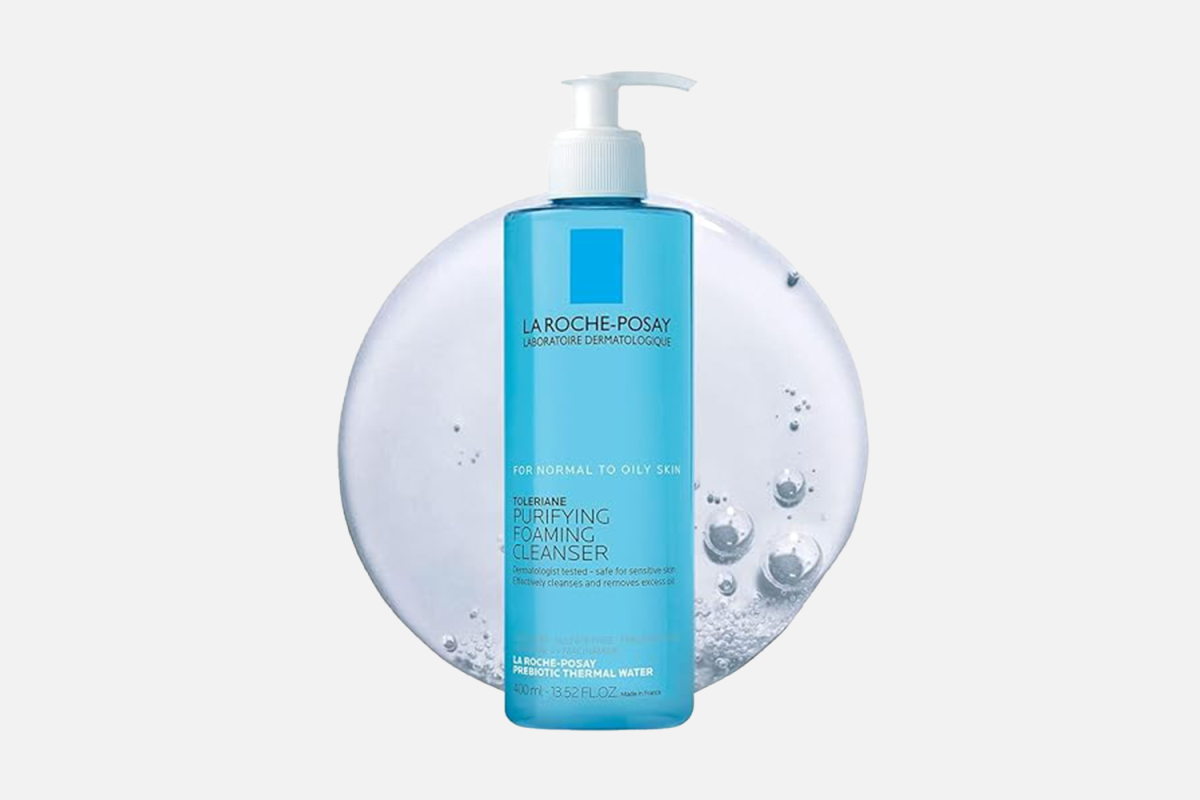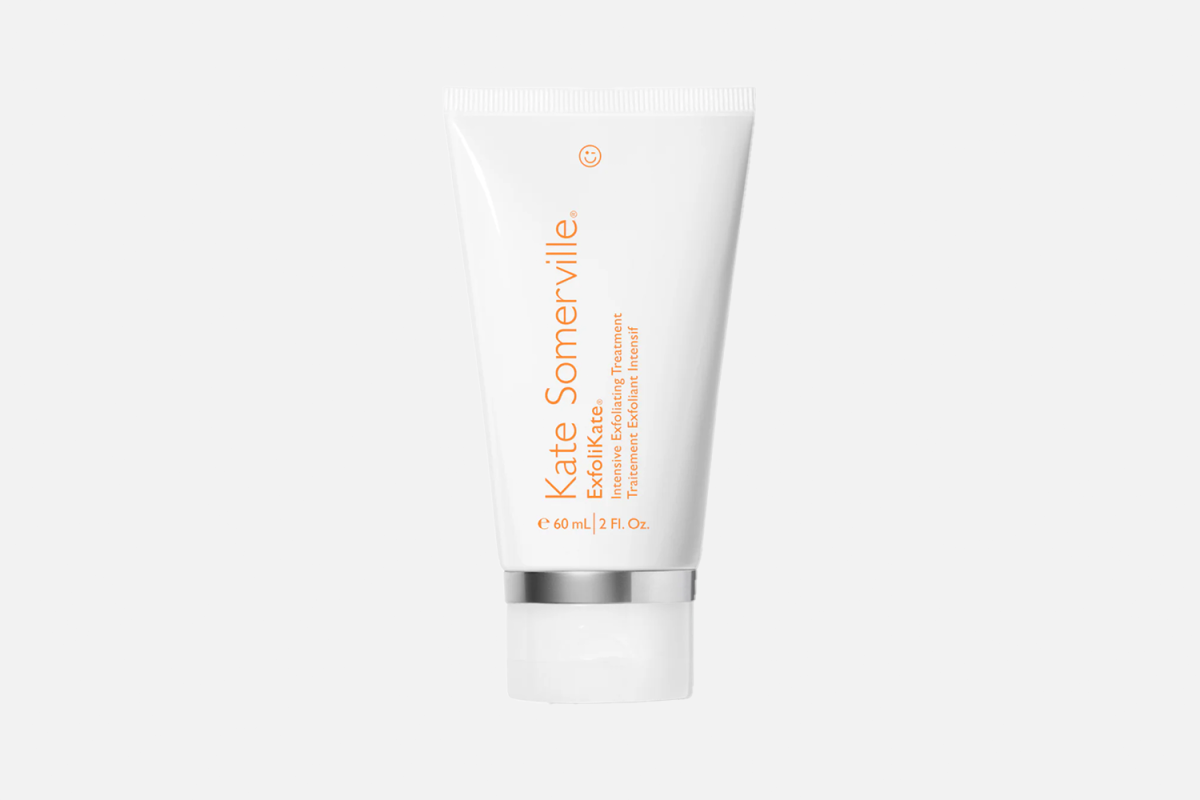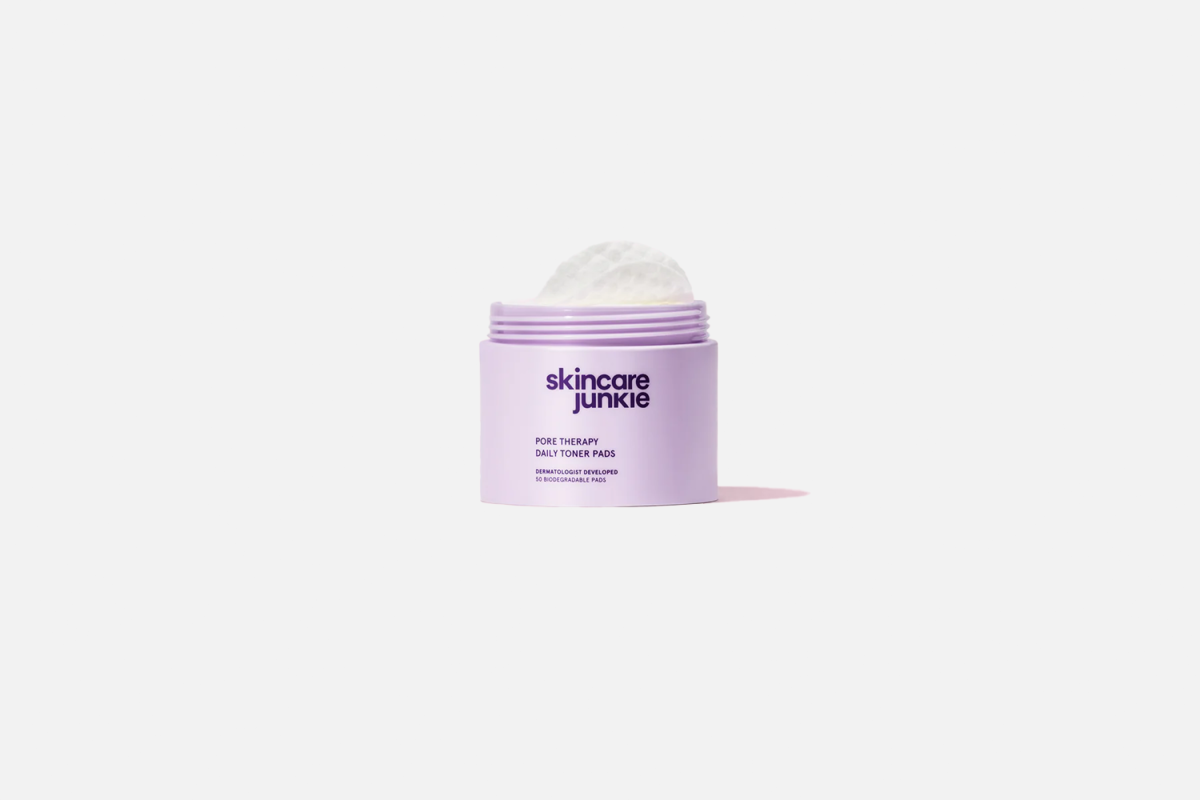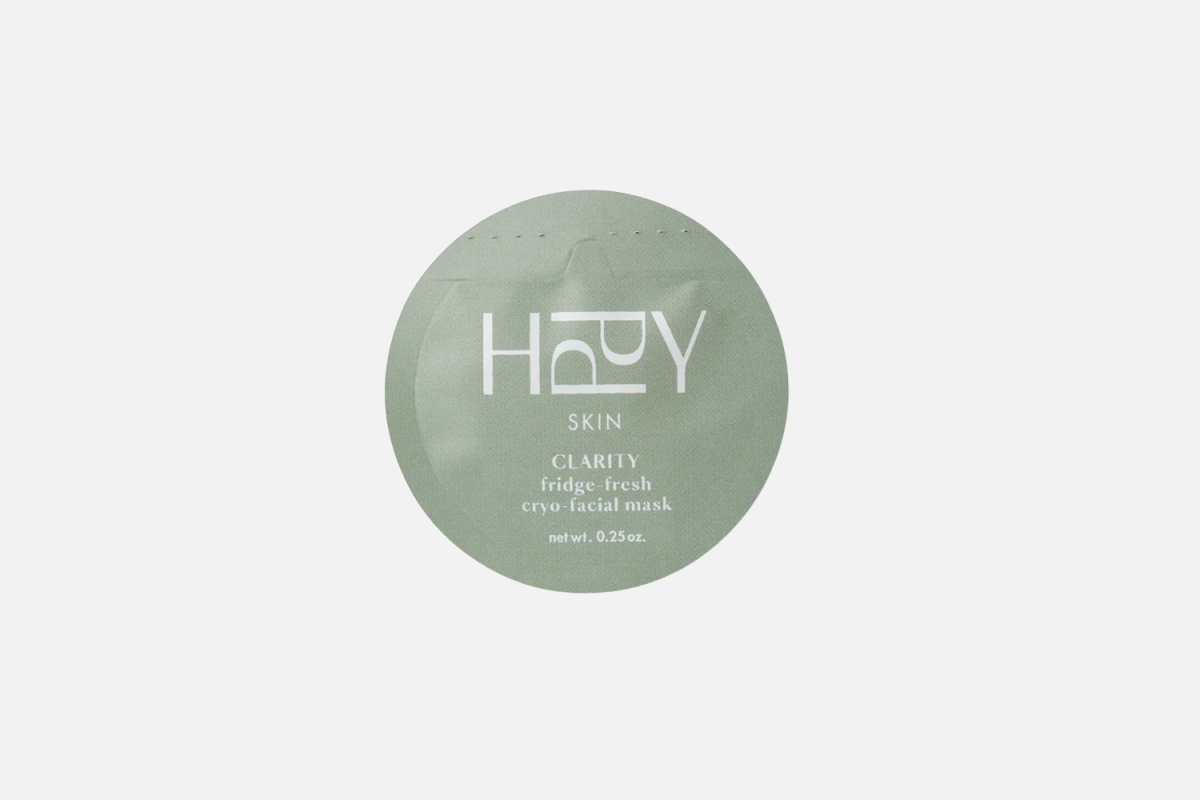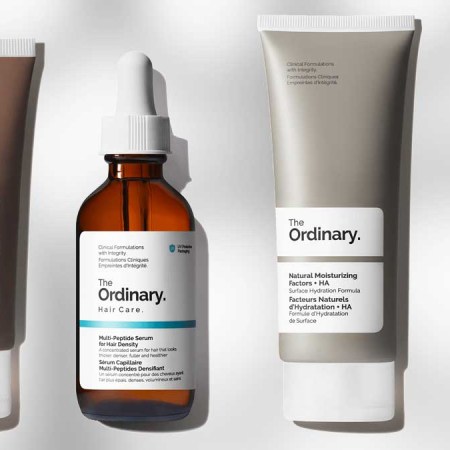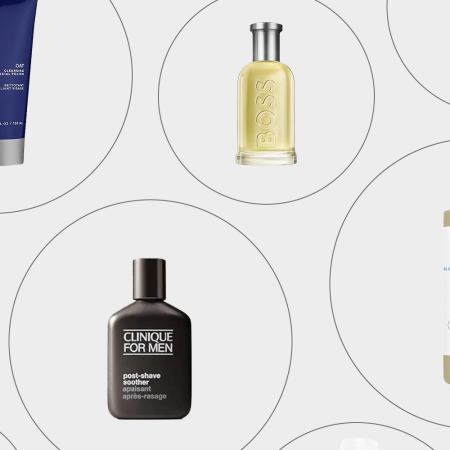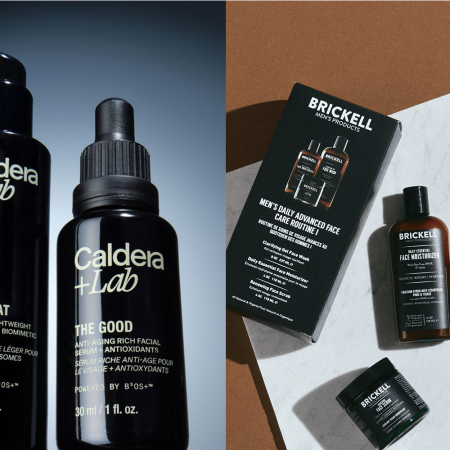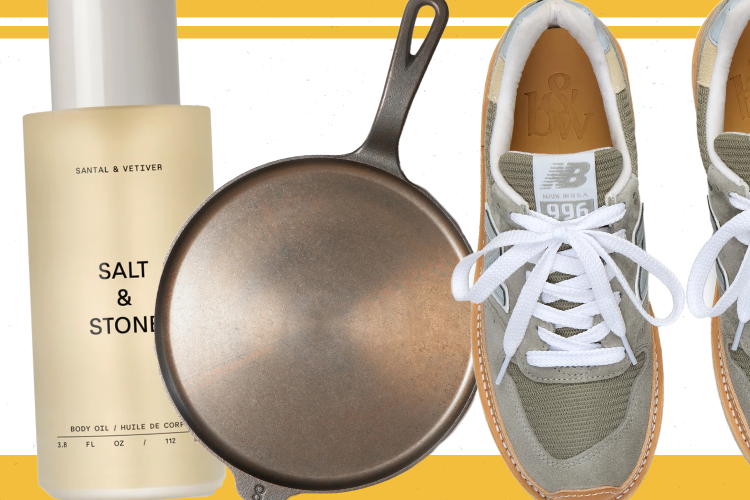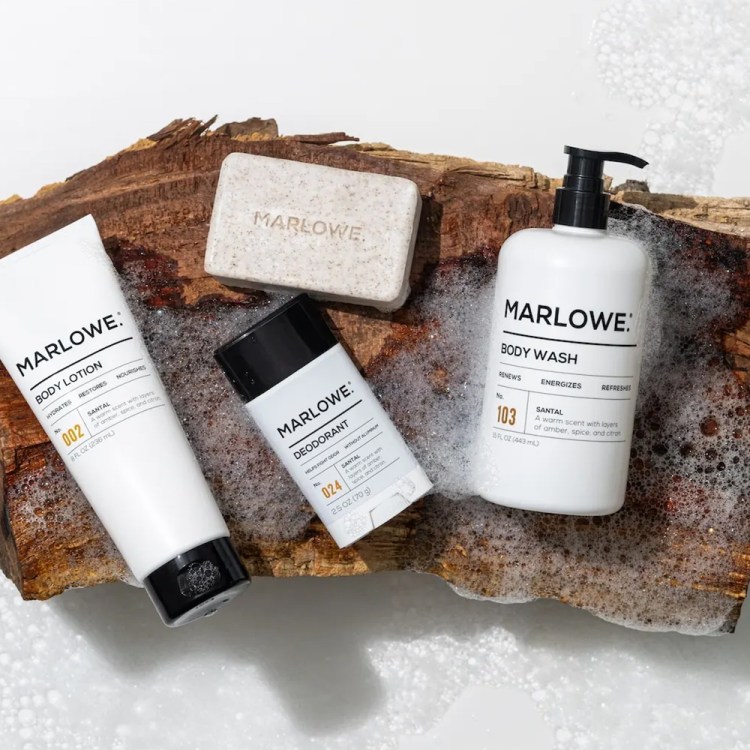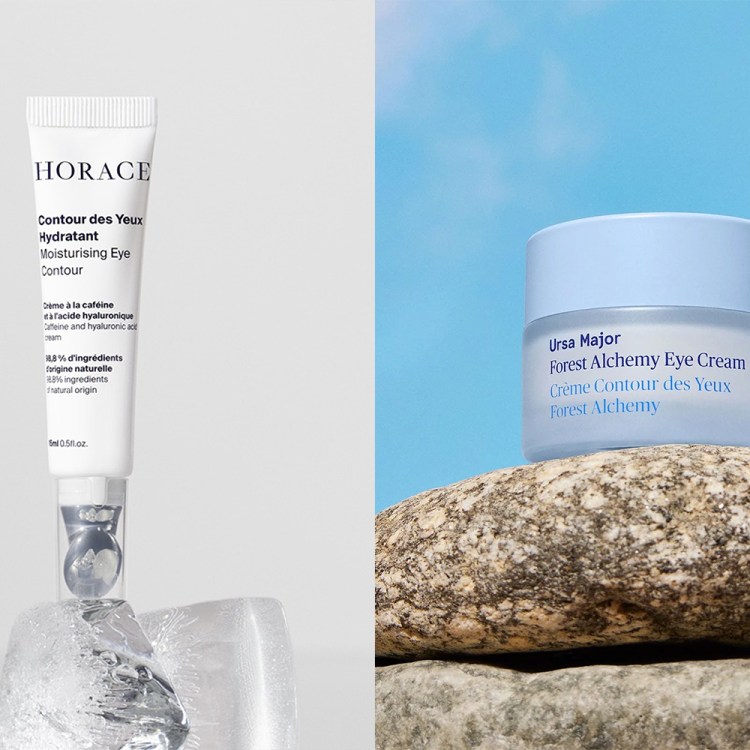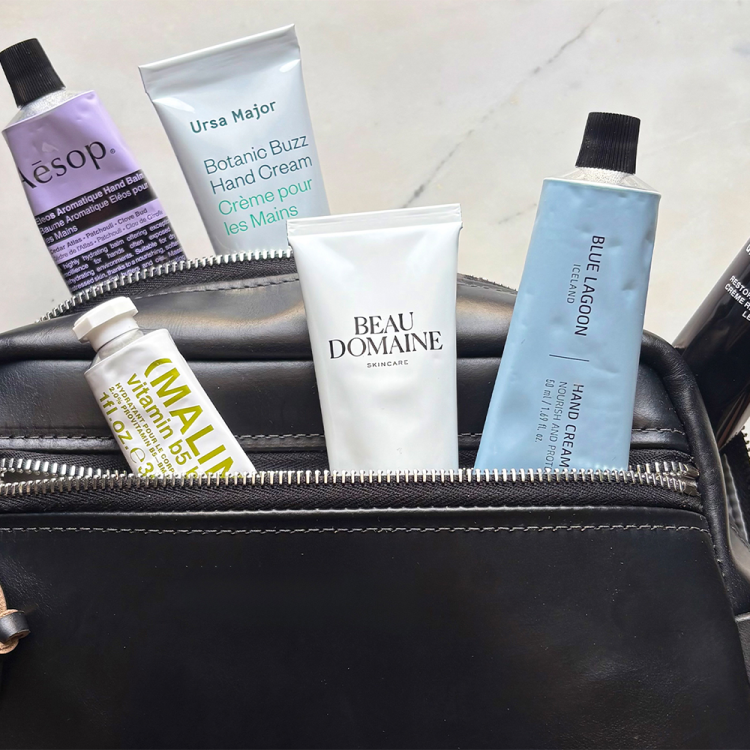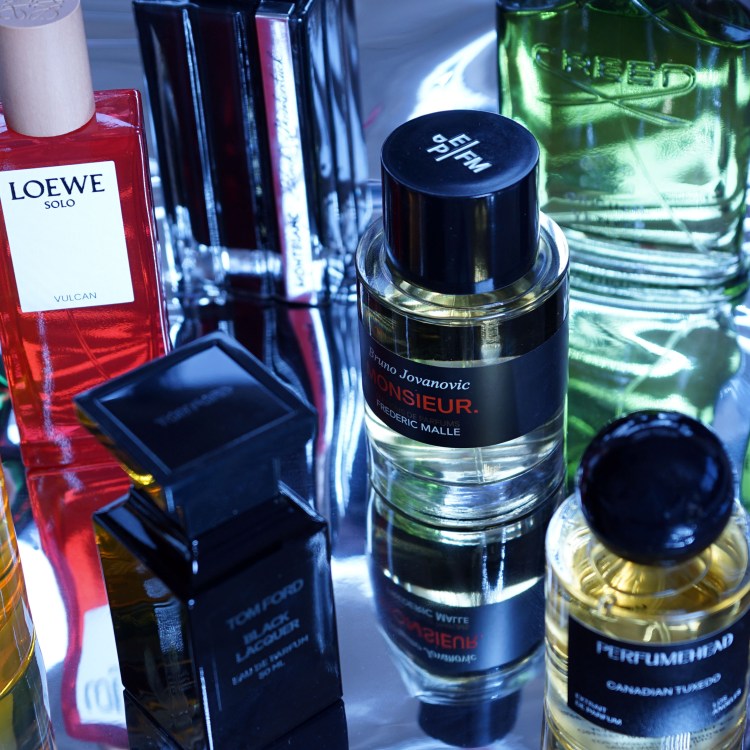Just like our style, our grooming routines should adapt to the changing seasons. The summer sun and winter winds each demand specialized skincare strategies, and it is crucial to maintain your grooming regimen year-round. In summer, skincare should be light, refreshing and protective, ensuring your face stays hydrated, clean and shielded from over-exposure. Celebrity esthetician and skincare expert Ian Michael Crumm explains, “Men’s skincare routines need to adapt to the summer months, focusing on managing increased oil production, sweat and sun exposure, which differ significantly from winter skincare needs.” He emphasizes the importance of prioritizing lightweight, hydrating products and incorporating sun protection to prevent clogged pores and sun damage and maintain a healthy complexion. Crumm advises, “Avoid heavy, pore-clogging products and opt for lightweight, non-comedogenic skincare formulations to keep your skin breathable and clear during the hotter months.”
The Best Lightweight Moisturizers for Your Summer Grooming Routine
These oil-free, matte and SPF formulations hydrate and protect in the warmer monthsDr. Robyn Gmyrek, MD, Assistant Clinical Professor of Dermatology at UnionDerm, adds, “Just like you lighten up your clothes, lighten up your skincare! Change from thick moisturizing creams to thinner lotions or gel moisturizers. Use antioxidants like vitamin C under sunscreen to help neutralize UV-induced free radicals, which will cause damage to skin cells.” This approach helps maintain skin health, ensures that your skincare routine is effective and addresses the specific needs brought about by the season. Below, Crumm and Gmyrek provide their invaluable expertise and dive into the fundamentals of summer skincare, breaking it down by grooming routine and suggesting products for each category.
Face Wash
Sweating causes more oil production, which might make you think you should wash your face more than in the morning and evening, but that is not the case. As Gmyrek states, “Avoid overwashing as it will strip oils from your skin, and your body will respond by producing more oil! Instead, continue to wash as usual, but consider changing your cleanser from a cream cleanser to a gel or ‘foaming’ type or a cleanser with salicylic acid. If your facial skin feels dry or tight after washing, you’ve overdone it, or the cleanser is too strong for your skin.”
Crumm adds, “Summer heat and humidity can lead to increased sweat and oil production, making it essential for men to wash their faces twice daily to prevent clogged pores and breakouts. Washing your face in the morning removes overnight sweat and oil buildup, while an evening cleanse removes dirt, sweat and environmental pollutants from the day.”
Exfoliating
Sun exposure can dry out our skin, producing excess dead skin. So, while it may seem unnecessary to exfoliate in the summer, it is essential. Crumm notes, “Summer sun and heat can lead to dry, flaky skin, making regular exfoliation crucial for removing dead skin cells and maintaining a smooth, vibrant complexion. Exfoliating two to three times a week can help prevent clogged pores and reduce the risk of acne, which can be more common in the summer due to increased sweating and oil production.”
Gmyrek agrees but adds that it doesn’t require a harsh product scrub. Exfoliating “can be done with a simple washcloth, face brush or mild exfoliant. Harsh scrubs can cause excessive dryness and damage the skin barrier, leading to more oil and inflammation, which can cause red, dry patches of skin.”
Moisturizers with SPF
As we stated, you still need to moisturize in the summer despite the humidity and moisture in the air. Gmyrek explains, “Yes, you should moisturize even if you have oily skin, but avoid oil-based moisturizing products [in the summer].” Crumm re-affirms, “Using a moisturizer with SPF is essential in the summer and year-round to protect your skin from harmful UV rays, which can cause premature aging and sunburn and increase the risk of skin cancer.”
Although some moisturizers will provide some SPF protection, if you are out in the sun for a long time, it is also essential to apply a separate SPF. As Gmyrek states, “Moisturizers with sunscreen show an SPF number, which is a measure of UVB protection, but often are not labeled ‘broad spectrum,’ so they may not protect against UVA rays. Additionally they are not water resistant, so it is unclear how long they will protect you if you are sweating or in water. Instead opt for a lightly moisturizing sunscreen — SPF 30 or more, ‘broad spectrum’ and water resistant.” Crumm adds, “Reapply SPF outdoors every two hours to ensure continuous protection, and more frequently if you’re sweating or swimming.”
Face Masks
Gmyrek recommends that you “use face masks in the summer one to two times a week to exfoliate and remove oils from the skin. Opt for clay masks, but not in conjunction with another exfoliating product.” Crumm adds, “Clay masks are great for drawing out impurities and controlling excess oil production, which can be more prevalent in the summer. Use a cooling gel mask for soothing sunburned skin and reducing inflammation, providing instant relief and hydration.”
Another option that has gained popularity is LED light masks. As Gmyrek points out, “Using blue and red light has been shown to target oil glands in the skin, reducing the amount they produce. In addition, the red light decreases inflammation in the skin. An LED mask like the Silk’n LED Face Mask also provides the benefit of infrared light, which penetrates even deeper to stimulate collagen and elastic tissue. For an at-home spa experience to calm skin during the summer, pair LED therapy after wearing a face mask to help the skin restore itself.”
Toners
Not all toners are created equal, but they can be a refreshing and skin-evening addition to your summer skincare routine. “Choose toners with hydrating and soothing ingredients like aloe vera and witch hazel to combat the drying effects of the sun and heat,” Crumm says. “Apply toner after cleansing to remove any remaining impurities and prepare your skin for the next steps in your skincare regimen.”
However, summer toners are fairly optional, and alcohol-free is essential. As Gmyrek states, “I do not recommend strong astringents and alcohol-based toners because they can damage skin cells and cause breaks in the skin barrier, leading to irritation and inflammation. Use a mild, alcohol-free toner with salicylic acid if you feel like refreshing midday — but then do not forget to reapply your sunscreen.”
Parting Tips
Although it might seem obvious, a simple baseball cap will help protect our faces from overexposure. As Crumm states, “Wearing a baseball cap or wide-brimmed hat provides additional protection from direct sun exposure, reducing the risk of sunburn and skin damage.” Gmyrek reminds us that caps are not a substitute for sunscreen, however. “Be sure to apply sunscreen to your ears as baseball caps do not usually cover them,” he says. “Also, consider a hat with a wide brim. As men age, ears are one of the most common areas where skin cancers occur. Apply sunscreen at least 15 minutes before you leave the house. Then, reapply every two to four hours.”
This article appeared in an InsideHook newsletter. Sign up for free to get more on travel, wellness, style, drinking, and culture.


